Women must shrewdly manage office politics because, unlike their favored male counterparts, they must cope with gender bias. Hastings College law professor Joan C. Williams and her daughter, Rachel Dempsey, thoroughly explore this unavoidable truth in their intelligent manual for working women. The duo interviewed successful women from a variety of fields and identified four patterns of gender bias: “Prove-It-Again!, The Tightrope, The Maternal Wall and The Tug of War.” They describe each pattern and how it affects working women. Then, they offer strategies to mitigate the effects of gender bias so you can cope with this unavoidable, but not unconquerable, blockade. getAbstract recommends their tactics to working women everywhere.
Stealthy Sexism
In years past, the workplace accepted pervasive, overt sexism. Men cavalierly asked women to fetch coffee, do the drudge work, dress femininely and keep quiet. Lawsuits and societal changes drove such blatant gender discrimination underground. Women now graduate from college in greater numbers than men do. Young women in urban districts earn slightly more than their male counterparts. As women climb the career ladder, the statistics change drastically, to a point: in 2011, fewer than 4% of Fortune 500 CEOs were female.
Even slight bias compromises women’s chances for long-term success. Recent advice books addressing workplace gender bias often place the burden of compromise on women, or simplify a complex and multifaceted problem. Experts tell women to “speak up,” yet women who ask for promotions or raises often experience a backlash.
Biases are a necessary cerebral shortcut. Making assumptions allows you to operate on autopilot during most daily activities. But, these biases become a problem when they lead to assumptions about a particular group or role. When you envision a CEO, for example, you may imagine someone assertive, decisive...
Joan C. Williams, founding director of the Center for WorkLife Law at the University of California, wrote Unbending Gender and Family Conflict and What to Do About It. Her daughter and co-author, Rachel Dempsey, is a law student at Yale University.









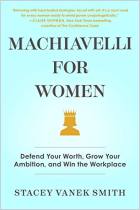
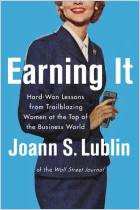
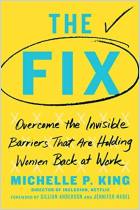
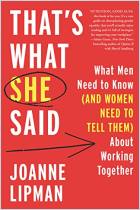

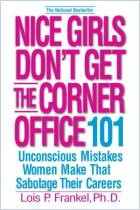






Comment on this summary or Start Discussion